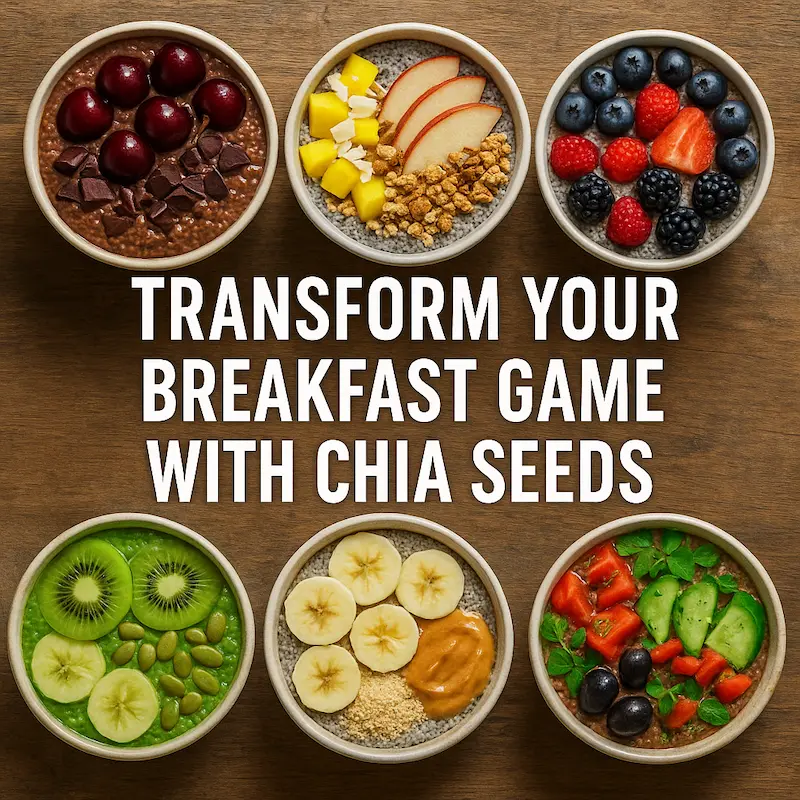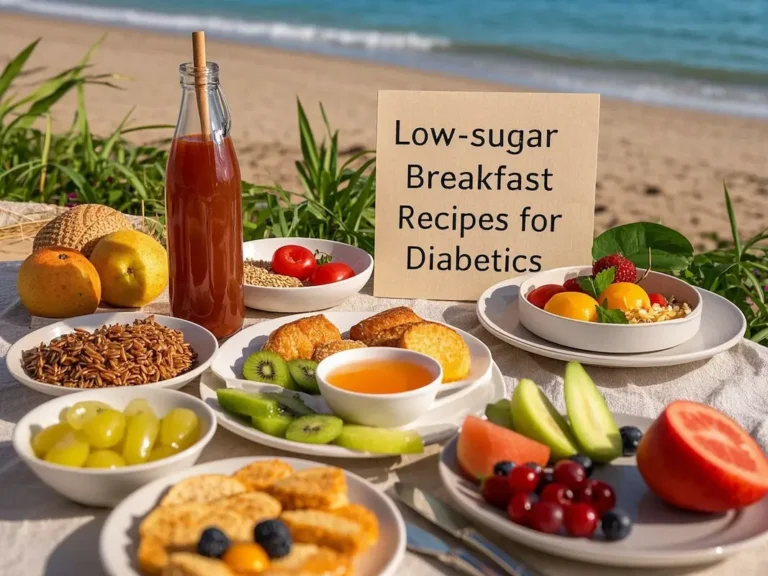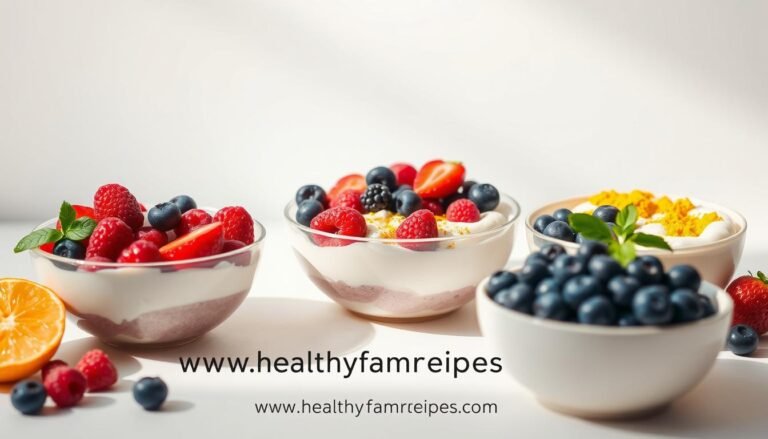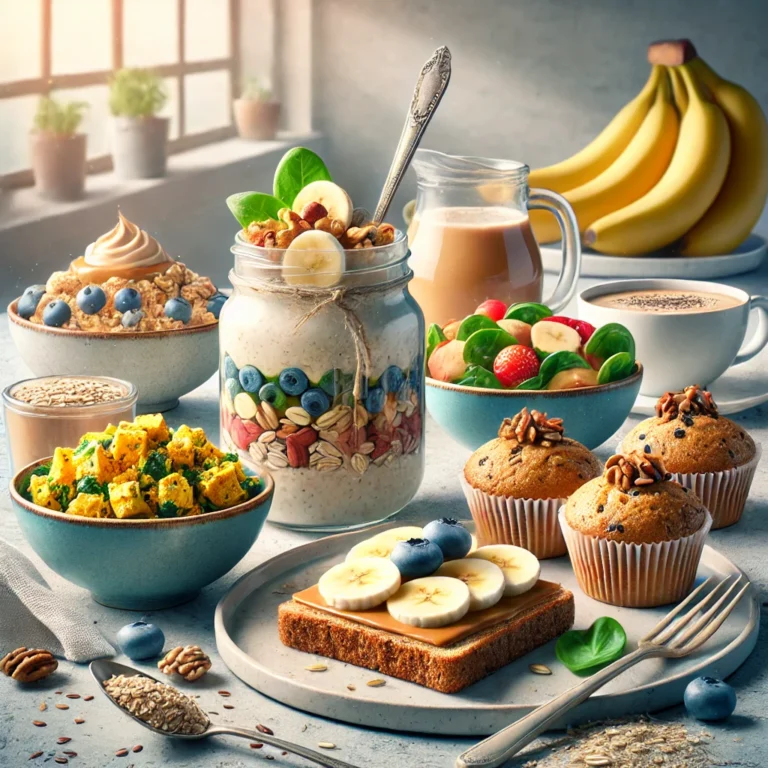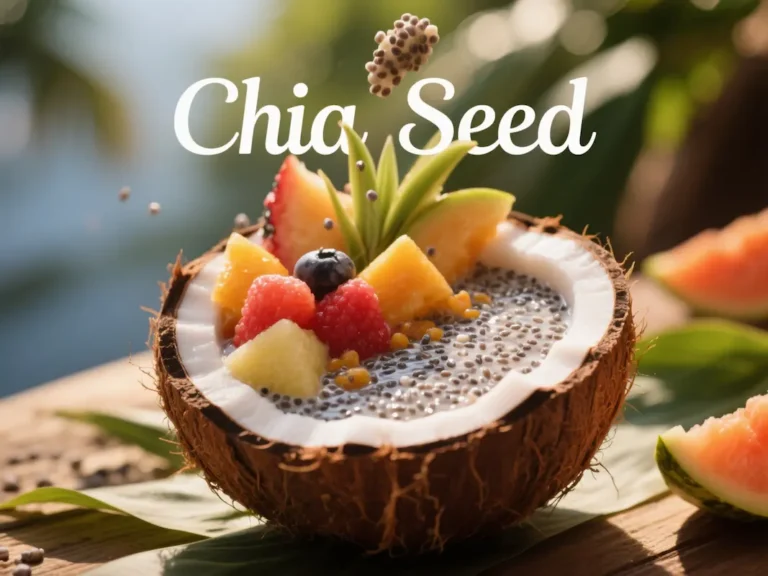Transform 7 Simple Breakfasts with This One Amazing Tiny Seed
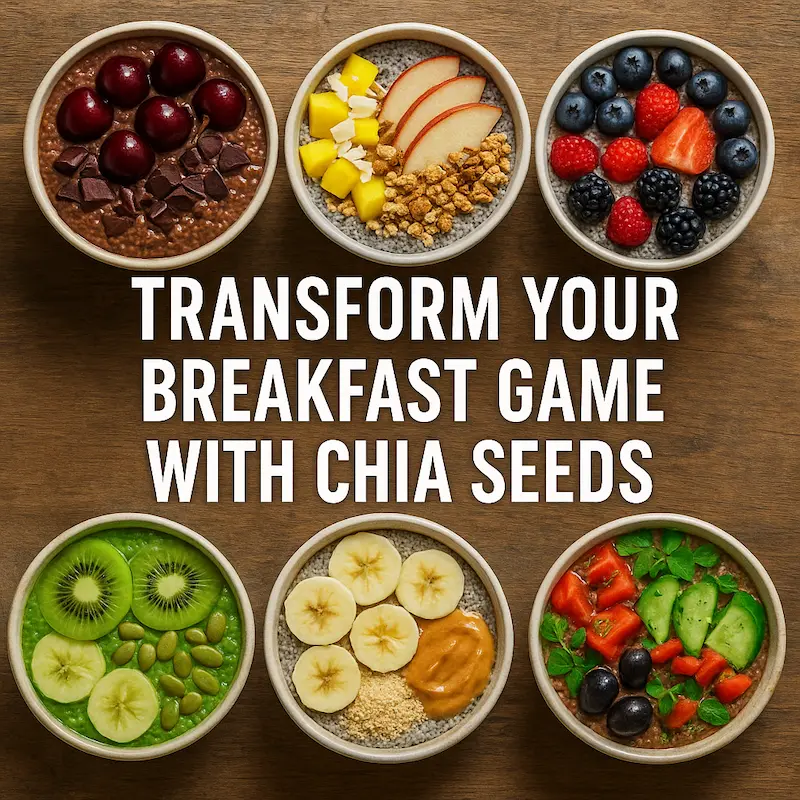
Looking for more healthy recipes? Check out these resources:
- Explore 5 Delicious and Healthy Oat Bran Recipes
- How to Sneak Veggies Into Family Meals: 7 Genius Tricks Kids Love
- 10 Quick Diabetes-Friendly Breakfast Ideas Under 300 Calories
- AI Healthy Cooking: 6 Tips to Eat Better with AI
- 15 Healthy Travel Recipes That Make Clean Eating on the Go Easy
- Best 10 High-Energy Meals for Entrepreneurs on the Go
Enjoy a more accessible, descriptive experience with these updated links!
